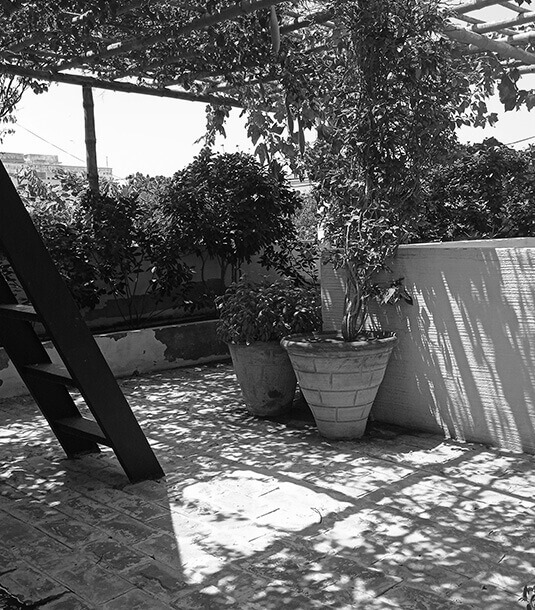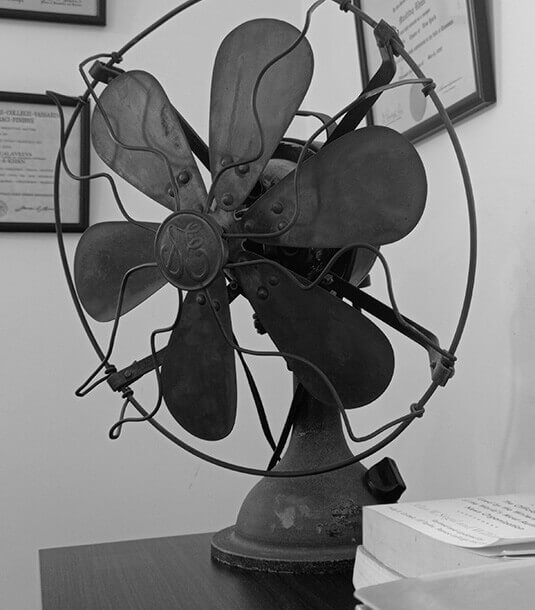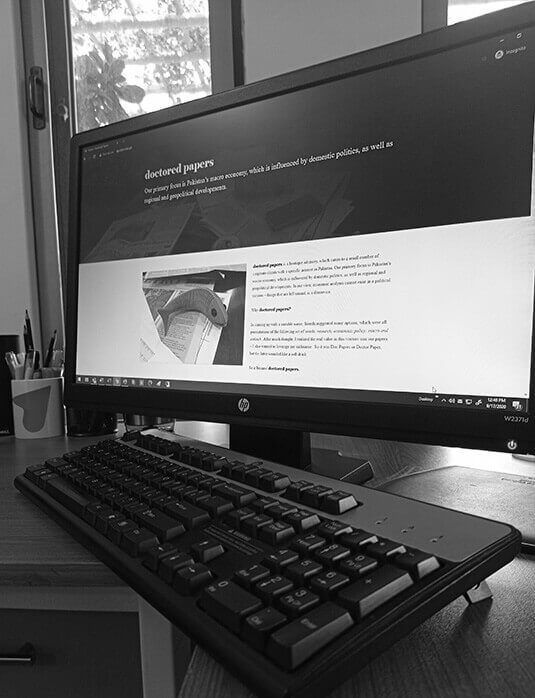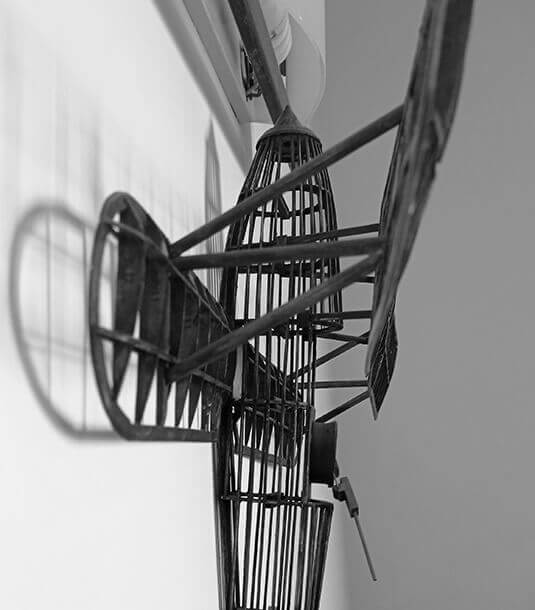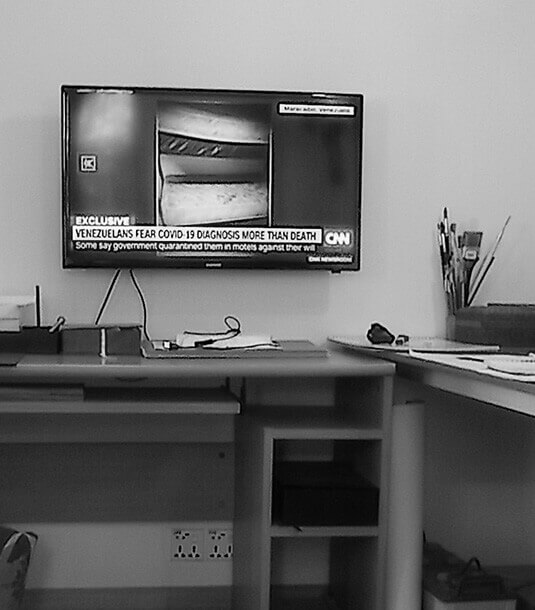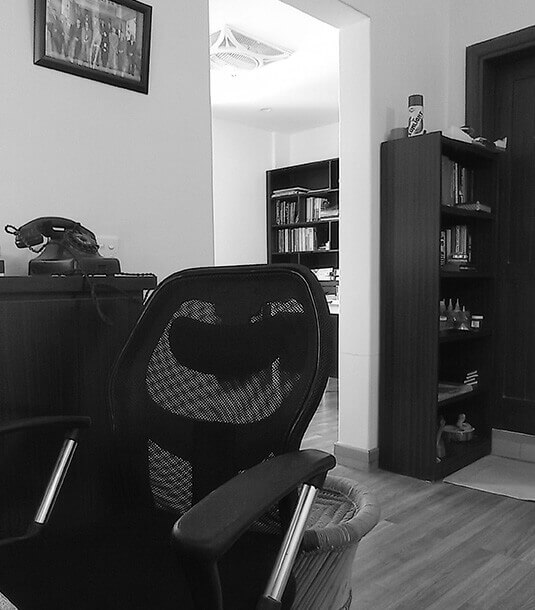• Pakistan is facing a constitutional crisis with President Alvi disowning two key legislations (Official Secrets Bill 2023 & Pakistan Army Bill 2023). These laws are instrumental in arresting PTI leaders and the trials against PTI supporters. The Supreme Court (SC) will have to get involved;
• The Caretaker setup is sworn in. The cabinet is mainly professional, with an establishment tilt and some business insiders. The economic team of Shamshad and Waqar Masood is seasoned and pro-IMF;
• The Caretaker’s economic agenda is simple: SBA; SIFC; circular debt; and SOEs. We do not expect much in terms of expanding the tax base (to capture retailers and agri) or restricting spending by the government and the army;
• The ECP has announced that general elections will be delayed by four months to complete the delimitation exercise based on the 2023 census. The general public, political parties, and media outlets are split on the delay, but external stakeholders may prefer elections in 2024;
• We anticipate a positive first meeting between the Caretaker government and the IMF. With the priority attached to SIFC, we think the SBA parameters should change to reflect a better BoP outlook;
• The Caretakers have started their term by sharply increasing fuel prices, power tariffs, and allowing for a weaker rupee. This will unleash another bout of inflation – our projection for avg inflation in FY24 is now 31.8%;
• This, coupled with taxes on real estate holding and transactions, will sharply reduce aggregate demand. Elites are experiencing a negative wealth effect, while the middle class is struggling with the sharp increase in power tariffs and fuel prices;
• The current account deficit (CAD) surprised the market when it posted a deficit of $ 809 mln in July. This can be traced to clearing import and service payments arrears as GoP has committed to removing all restrictions in the SBA. In our view, the trade deficit and service outflows will remain elevated in the next several months;
• Remittances continue to trend down, which can be traced to capital flight. The latter could be due to political uncertainty, repressive legislation, and the liquidation of real estate assets. Pressure on monthly remittances is likely to stay in play during FY24;
• The next few weeks (month) are critical as several issues will play out: (1) How will the Supreme Court respond to the constitutional crisis, and how will the establishment react to this; (2) How will the Caretakers respond to the acute austerity the economy will likely experience? We argue that this episode of slow economic growth could be much worse than previous episodes of austerity; and (3) How will the country respond to the delay in general elections?
• Securing a 9-month Standby Arrangement (SBA) at the last minute has completely changed Pakistan’s economic outlook. From certain default, SBP’s FX reserves have jumped to $ 8.7 bln, while the rupee appreciated and PSX booms;
• SS gets credit for his direct intervention to secure the SBA;
• IMF Staff Paper is critical of Dar’s management of the rupee and SBP’s subservience. It says the downside risks associated with the SBA are “exceptionally high,” a clear reference to past slippages and the fact that this is an election year. However, the IMF has warned that Pakistan faces a narrow road to recovery, and if program targets are not met, multilateral/bilateral flows could be delayed, which effectively means sovereign default;
• SBA to focus on the kerb premium, tax on retailers and real estate holding/transactions, power tariff increases, gas supply chain, restructuring SOEs, and releasing quarterly GDP data. The FX reserve buildup in FY24 is limited, which means the external sector will operate on a tight leash. The SBA does not see any structural change in Pakistan’s trade sector, and its medium-term BoP projections are not credible;
• June’s current account balance posts a surplus of $ 334 mln, which brings down the CAD in FY23 to only $ 2.6 bln. This was necessary but also took a significant toll on the economy. Non-oil imports fell by 35%, which has a direct bearing on underlying economic activity. The IMF claims that growth last year was negative 0.5% and downgrades GoP’s growth projection for FY24 from 3.5 to 2.5%;
• The IMF also projects avg inflation in FY24 at 25.9%, which is very close to our projection (26.4%). This means interest rates will remain elevated and may even rise in the months ahead. With the sharp erosion of household wealth (which saves primarily in real estate), we think aggregate demand will fall and contain import demand. The IMF’s CAD projection of $ 6.4 bln I FY24 is reasonable even if import restrictions are lifted;
• SS is looking good and is confident about being reelected, but the path for PML-N is unclear. Punjab is the political battleground, with PML-N, IPP, and PTI contesting – the establishment is also rooted in Punjab. This uncertainty will impact the composition of the federal government;
• As part of the systematic effort to weaken PTI, PTI-Parliamentarians has been created by Pervez Khattak in KP. While IK remains tied up in a litany of court cases and is barred from making public statements, we think he will become more vocal as the campaigning starts;
• Most analysts see a weak coalition government in the future. The establishment will be a decisive player, but it must be careful to ensure the forthcoming elections are not perceived as stage-managed.
• The EFF has prematurely ended after eight reviews. The PML-N government is desperately trying to revive it, but this is posturing to avert blame;
• The FY24 budget was business-as-usual but should have been very different to secure IMF support. The targets are of academic interest only, as the budget will have to be thoroughly redrafted by the next government when talks with the IMF restart in Nov/Dec 2023;
• The budget claims 3.5% growth, avg inflation at 21%, a fiscal deficit at 7.2% of GDP, an inflation-driven increase in FBR revenues (tax-to-GDP remains below 9%), and no information about the BoP in FY24;
• Dar has shown the $ 3 bln from Saudi and the UAE that should have been released this fiscal year (if the SLA was signed), as inflows in FY24. This means there are no fresh $ inflows in 1H-FY24. With $ 4 bln debt repayments in this period that cannot be rolled over, Bloomberg thinks default is now highly likely;
• The CA surplus in May ($ 255 mln) was a surprise and the full-year CAD could be below $ 3 bln. This has helped shore up SBP’s FX reserves, but with no fresh $s expected in the months ahead, Pakistan’s BoP will have to be even more carefully managed in the next few months;
• We have formulated our inflation projections for FY24, which predict that avg inflation would be closer to 29% on the basis of a heavily depreciated rupee;
• With the EFF off, SBP will continue to inject artificial liquidity into the system (via OMOs), keep the rupee stable, and not increase interest rates. The new government will have to course correct, which means 2024 will be painful;
• PTI has been neutralized and a new political party has been created (IPP). Cracks have developed in the PDM coalition as PPP gears up for the forthcoming elections. PML-N faces the greatest challenges: a failed economy; IPP that is Punjab based; PPP targeting South Punjab; and an establishment that cannot be happy with PML-N’s economic management. While PTI is no longer a political force, one should not write off IK and his latent popularity;
• Political dynamics suggest that a coalition government will take charge after the elections;
• With the EFF ended, PML-N will only be motivated by the forthcoming elections. The blame game will escalate as the economy lists aimlessly;
• Economic stability will only come from an empowered caretaker setup, with a mandate for tough austerity measures.
• It’s all about politics, clashing institutions, and violence in May. The army is front and center, and PTI is on the receiving end;
• May 9th is a significant marker in the country, perhaps one of a handful of events since the loss of East Pakistan in March 1971;
• IK is arrested in the morning, which triggers demonstrations in many cities. Most are disruptive (blocking roads, expressing anger, chanting), but some turn violent. Jinnah House is vandalized and burnt down, and GHQ’s main gate in Rawalpindi is breached. The army high command condemns these attacks and begins a media campaign about its role in protecting the country and its sacrifices. The PDM government extends full support to the armed forces;
• The rupee hits 295/$ on May 11th but comes back down to 285/$ the next day. PML-N leaders use the currency collapse as further proof of the destabilizing influence of IK and the PTI;
• IK is released on May 12th by the Supreme Court, spearheaded by the CJP. This blindsides the government, and parliament decides to file a reference against the CJP. PML-N/JUI demonstrates outside the SC, even with Section 144 in force – PPP is conspicuously absent. The gathering is not resisted by the Punjab police, and this double standard gains media attention;
• IK returns to Zaman Park and releases a video message where he continues to target the previous and current COAS;
• The army decides to try the rioters of May 9th under the Army Act, and SS promises to arrest all perpetrators within 72 hours. The National Security Council approves the use of the Army Act, but independent analysts raise questions about this decision, with some saying the Supreme Court may intervene to rescind this decision;
• Relations with the IMF continue to sour. The IMF is still waiting for commitments of $ 6 bln from bilateral sources, as Pakistan has only secured $ 3 bln so far. Dar has said Pakistan will not default even if IMF assistance is not forthcoming. The 9th review has stalled;
• $ 3.7 bln debt repayments are due in May and June, with most payments in June. With the ongoing crisis, a staff-level agreement is unlikely to be offered, which means repayments in June are in doubt;
• The April CA surplus disappoints at $ 18 mln, especially after the $ 750 mln surplus posted in March;
• Inflation continues to break records, with April’s headline inflation at 36.4% and food inflation at 48.1%. Average inflation for FY23 is expected at just shy of 30%, with food inflation just below 40%. This is uncharted waters, which could have political repercussions;
• We end by arguing that both politics and the economy are facing a similar challenge: there is growing pressure to change the system, but the incumbents are fighting hard to resist it.

(for querying and accessing papers)
© 2025 Doctored Papers. All Rights Reserved.
